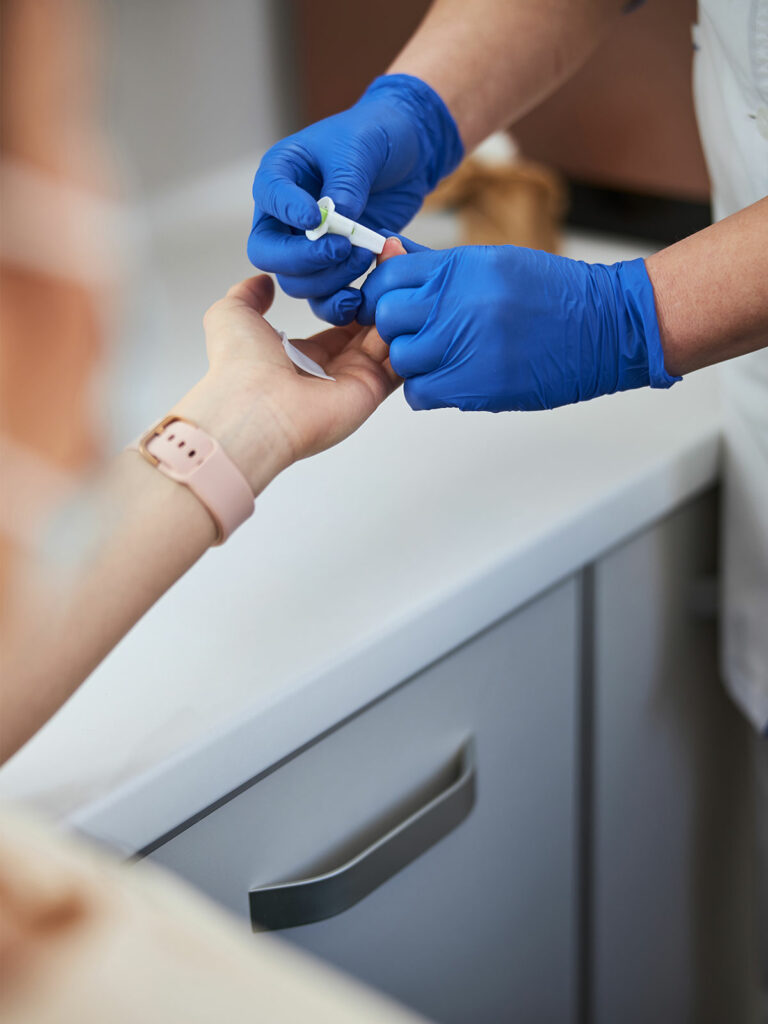


Allied health professionals are an integral part of treating patients and can typically become a healthcare traveler immediately after graduation. Allied professionals use the same scientific principles as other healthcare professionals to help diagnose, evaluate and treat diseases. Many health services are provided by allied health professionals filling non-nurse and non-physician-based roles.
Allied healthcare travel jobs are diverse and include a wide variety of roles such as audiologist, clinical lab technicians, medical sonographers, nurse midwives, and many more. Scroll down to learn more about the different roles and opportunities in Allied Healthcare.



Audiologists focus on issues relating to hearing, the ear, and balance in terms of patient diagnostics and treatment. Their working environments can include schools and health-related retail stores.
Clinical laboratory technologists and technicians may collect samples from a patient and perform tests. They typically work in hospitals, diagnostic labs, and physician offices.
Exercise physiologists design fitness programs that help patients recover from injuries, disease, and illness. They work for hospitals and clinics or may be self-employed.
Medical sonographers, cardiovascular technologists, and technicians use diagnostic imaging equipment to perform patient tests. They usually work in hospitals, doctor’s offices, or laboratories.
Athletic trainers often work in educational settings, hospitals, clinics, and workout centers or for sports teams. They help prevent, diagnose and treat injuries and illnesses that affect bones and muscles.
Nurse anesthetists, nurse midwives, and nurse practitioners often coordinate and provide specialty and primary care for patients. They work in varied settings, including hospitals, doctor’s offices, and clinics.
Occupational therapists treat various patient injuries, disabilities, and illnesses using therapeutic activities. They can work in schools, homes, or any health-related institution.

© 2022 Blu MedStaff
© 2022 Blu MedStaff
Powered by Pixel Fire Marketing